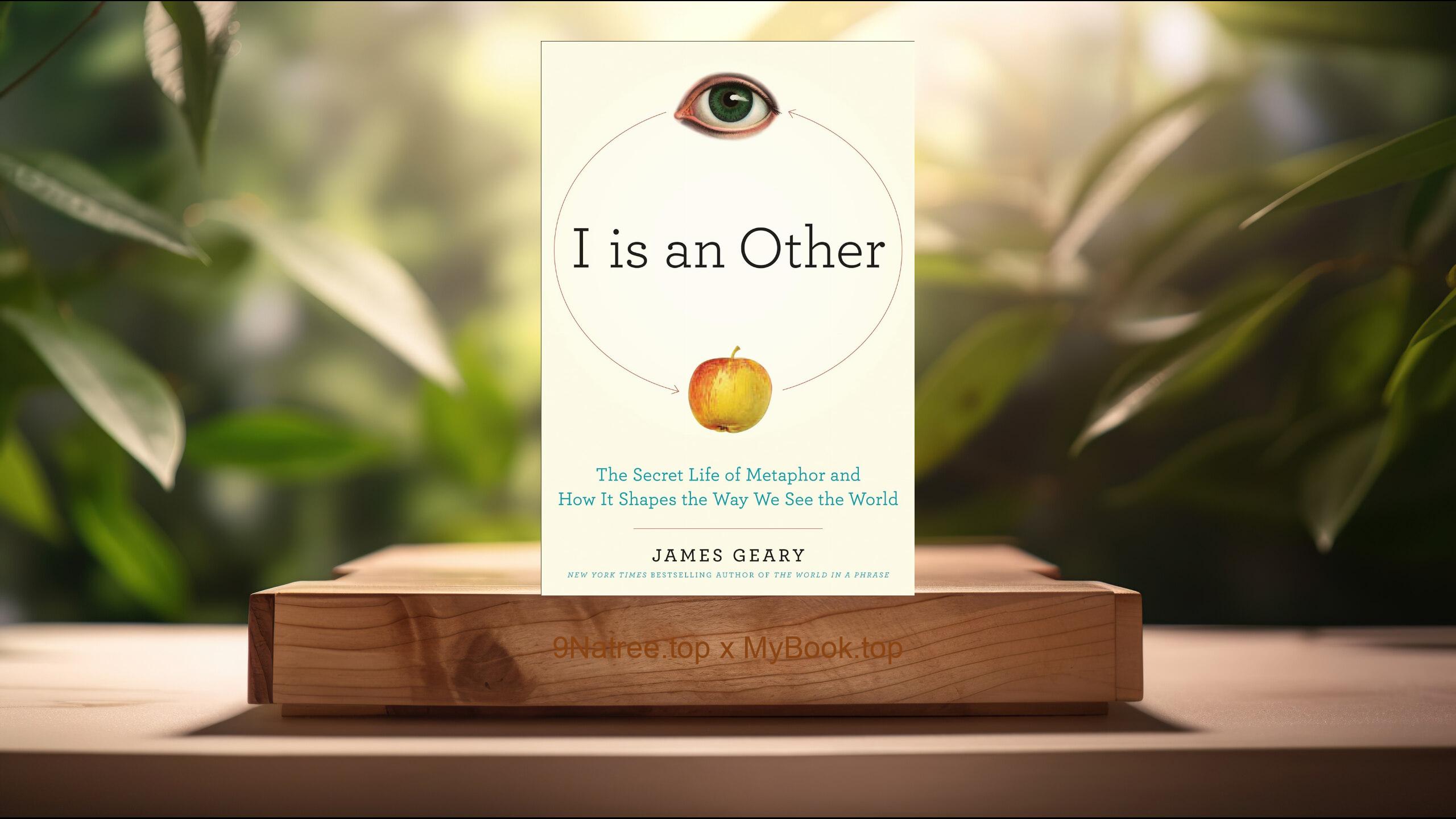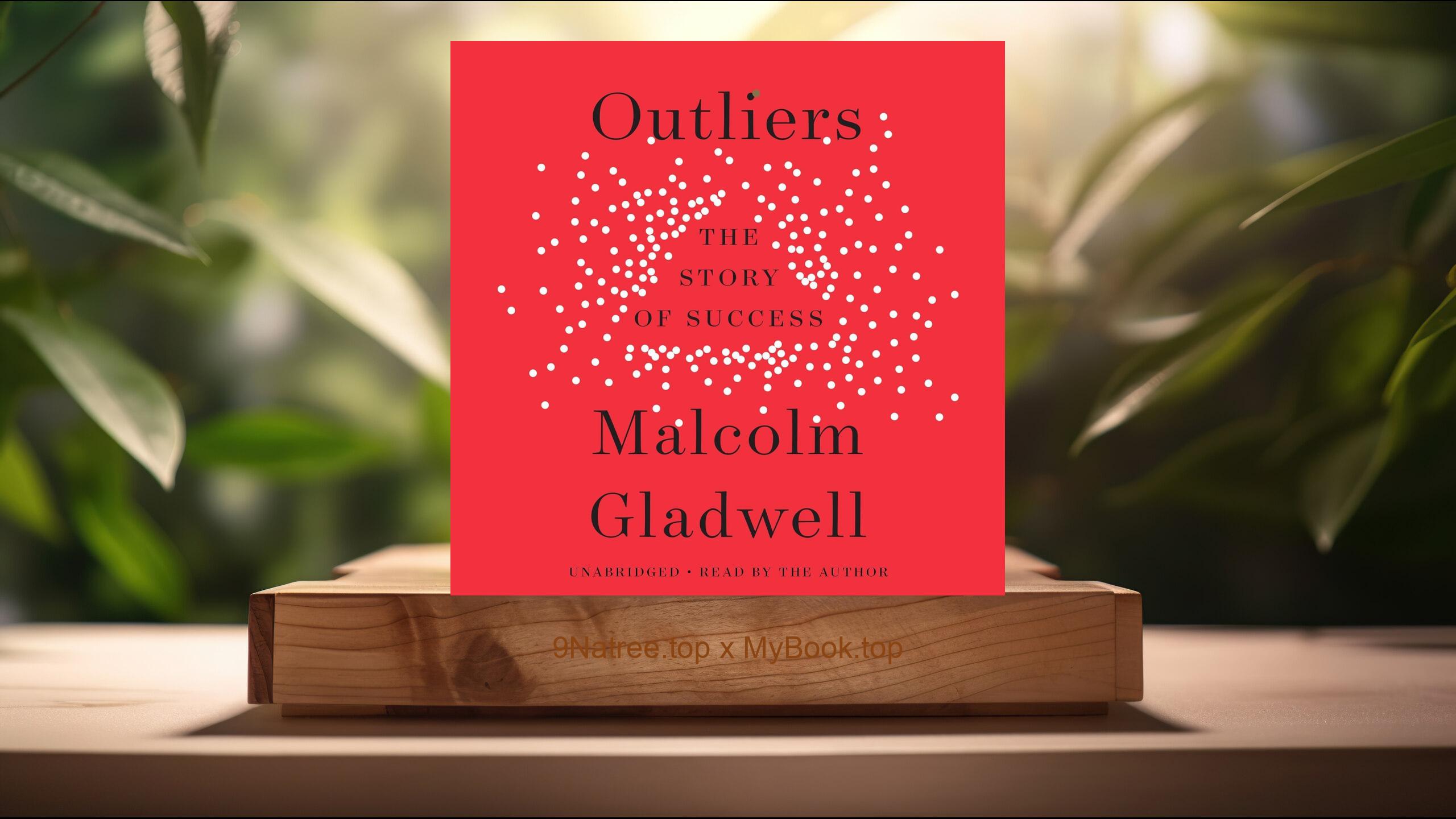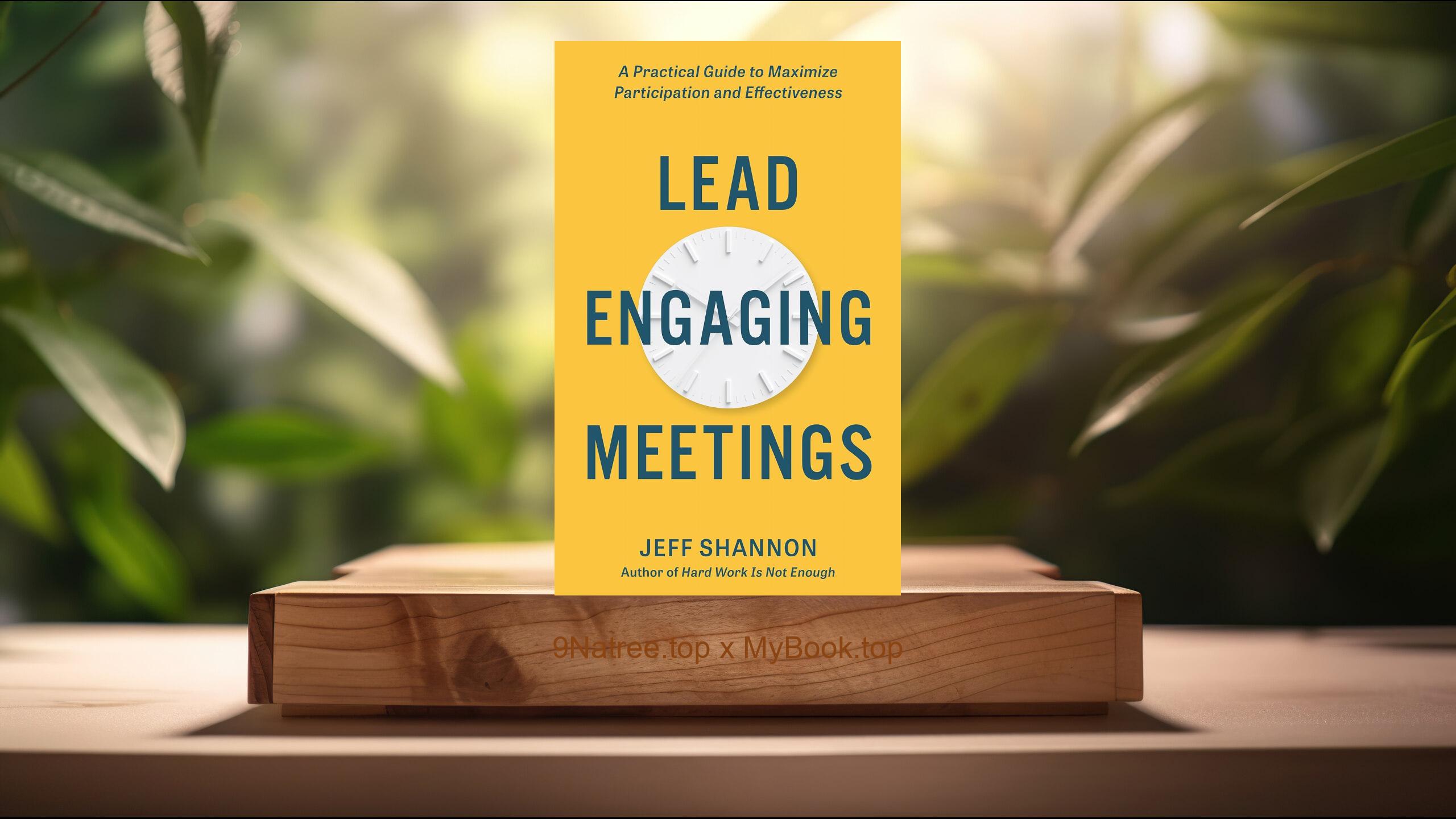Show Notes
- Amazon US Store: https://www.amazon.com/dp/B007XSNI74?tag=9natree-20
- Amazon Worldwide Store: https://global.buys.trade/The-Winner-Effect-The-Neuroscience-of-Success-and-Failure-Ian-H-Robertson.html
- eBay: https://www.ebay.com/sch/i.html?_nkw=The+Winner+Effect+The+Neuroscience+of+Success+and+Failure+Ian+H+Robertson+&mkcid=1&mkrid=711-53200-19255-0&siteid=0&campid=5339060787&customid=9natree&toolid=10001&mkevt=1
- Read more: https://mybook.top/read/B007XSNI74/
#Neuroscienceofsuccess #WinnerEffect #Impactofwinningonthebrain #Successandneuroplasticity #Harnessingsuccess #Neurochemistryofwinning #IanHRobertson #TheWinnerEffect
These are takeaways from this book.
Firstly, The Science Behind the Winner Effect, The core concept of 'The Winner Effect' lies in its exploration of how winning or losing affects our neurochemistry, particularly in relation to dopamine, a neurotransmitter associated with pleasure and reward. Robertson explains how successive wins increase our levels of dopamine, leading to increased confidence, risk-taking behavior, and a heightened sense of one's power and ability to influence outcomes. This neurochemical boost can enhance performance and decision-making in the short term. However, Robertson also cautions that this can lead to overconfidence and impaired judgment, drawing parallels with the behavioural patterns observed in gambling addicts. The science behind the Winner Effect provides a neurobiological explanation for phenomena observed in sports, politics, and business, illustrating the thin line between success and hubris.
Secondly, Impact of Winning and Losing on the Brain, Ian H. Robertson delves deep into the neurological impacts of winning and losing, illustrating how these experiences can rewire the brain's structure and function. He describes how repeated successes can strengthen neural pathways associated with risk-taking and decision-making, potentially leading to more bold and assertive behavior. Conversely, a series of losses can have the opposite effect, diminishing confidence and leading to more cautious behavior. This topic expands on the concept of neuroplasticity, showing how our environments and experiences can shape our brain over time, potentially setting us on a trajectory towards either continued success or recurrent failure. Robertson’s discussion is pivotal in understanding how seemingly small victories or defeats can have far-reaching implications on our personality and life choices.
Thirdly, The Role of Environment and Genetics in the Winner Effect, This topic explores the interplay between genetics and environmental factors in determining the strength and impact of the Winner Effect. Robertson navigates through complex genetic predispositions that may make some individuals more susceptible to the neurochemical rewards of winning, thereby predisposing them to seek out and thrive in competitive situations. At the same time, he underscores the crucial role of upbringing, culture, and situational contexts in shaping our responses to victory and defeat. This nuanced perspective highlights the variability of the Winner Effect across different individuals and contexts, suggesting that while our genetic makeup provides the foundation, our experiences and environment significantly mold how this effect manifests in our lives.
Fourthly, Harnessing the Winner Effect, Robertson doesn’t merely outline the mechanisms of the Winner Effect; he also provides valuable insights into how we can harness it for personal and professional development. This involves understanding how to cultivate the positive aspects of winning, such as increased motivation and resilience, while mitigating the potential downsides, like overconfidence and risk-taking. Strategies include setting achievable goals to build a 'winning streak,' reflecting on past successes to boost self-confidence before new challenges, and maintaining humility to keep the ego in check. Robertson’s advice is practical, rooted in neuroscience, and aimed at helping readers navigate the fine balance between leveraging the Winner Effect for growth and avoiding its pitfalls.
Lastly, The Dark Side of the Winner Effect, Despite the benefits associated with winning, Robertson warns of its dark side. He explains how the very neurochemical changes that fuel our victories can, if unchecked, lead to arrogance, unethical behavior, and a detachment from reality. The discussion of fallen sports stars, disgraced politicians, and corrupt business leaders illustrates how the Winner Effect, when coupled with a lack of self-awareness and disregard for moral and ethical boundaries, can precipitate a dramatic fall. This segment of the book serves as a cautionary tale, emphasizing the importance of self-regulation, ethical conduct, and the maintenance of strong social bonds to counterbalance the potential negative aspects of the Winner Effect.
![[Review] The Winner Effect: The Neuroscience of Success and Failure (Ian H. Robertson) Summarized](https://episodes.castos.com/660078c6833215-59505987/images/1891362/c1a-085k3-dm5ndd3pcm3m-t6d94o.jpg)




